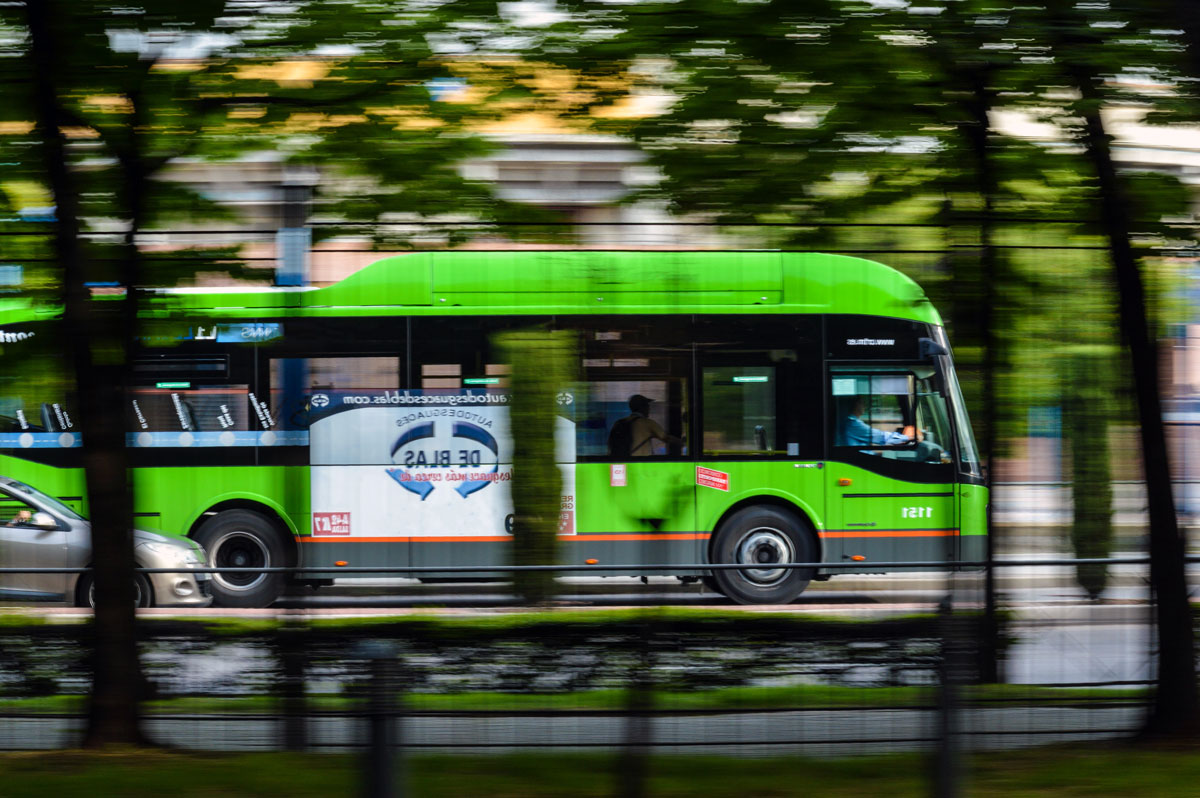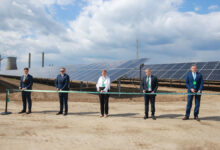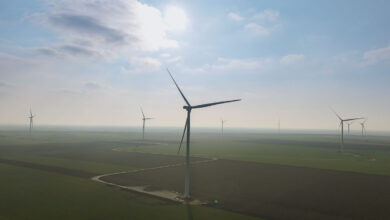EUR 4.7bn Italian support scheme for advanced biofuels
The European Commission has approved under EU State aid rules an Italian support scheme for the production and distribution of advanced biofuels, including advanced biomethane. The measure will contribute to reaching EU energy and climate change goals while limiting distortions of competition.
“This is yet another step towards greater use of renewable energy in Europe and helping Italy’s transition to more environmentally friendly fuel sources. The scheme will encourage the production and consumption of advanced biofuels in Italy, while limiting distortions of competition,” Commissioner Margrethe Vestager, in charge of competition policy, said.
The Italian scheme supports the production and distribution of advanced biofuels and advanced biomethane, also known as second and third-generation biofuels, for use in the transport sector. The scheme has an indicative budget of EUR 4.7 billion and will run from 2018 until 2022.
Advanced biofuels and biomethane are the most sustainable and environmentally friendly biofuels. They are produced from feedstock that do not require agricultural land for their production, such as waste, agricultural residues, and algae. Therefore, they pose a significantly lower risk of indirect CO2 emissions caused by the use of additional land to grow crops for biofuels rather than for food and feed. Also, they are particularly suited to help the EU achieve its climate and energy objectives.
Higher production costs
Advanced biofuels and biomethane have much higher production costs than fossil fuels. Under the scheme, producers of advanced biomethane and biofuels receive a premium which allows them to compensate for these higher costs and compete with fossil fuels in the transport sector. The premium can be increased if producers also make investments to improve the distribution and liquefaction of advanced biomethane.
The level of the premium will be updated each year in relation to the production costs to ensure that producers are not overcompensated.
The scheme will also incentivise farmers to produce biofuel and biomethane from manure and other residues originating from their farming activities and use them in turn to power their agricultural machines and vehicles.
The scheme will be financed by transport fuel retailers who are obliged by law to include a certain percentage of advanced biofuels and biomethane in their fuel blends.
Low-carbon alternatives
On this basis, the Commission concluded that the measure will help Italy reach its 2020 target for the use of renewable energy in transport, fight climate change and replace fossil fuels in the transport sector, while at the same time limiting distortions of competition, in line with the Commission’s 2014 Guidelines on State aid for environmental protection and energy.
Biofuels, including biomethane, are fuels produced by biomass. While biomethane is a gaseous fuel, other biofuels such as bioethanol and biodiesel are liquid.
As part of the EU 2020 strategy, the Renewable Energy Directive requires all Member States to ensure that at least 10% of all energy consumed in transport come from renewable sources by 2020. Sustainable biofuels are, together with electric vehicles, one of the main low-carbon alternatives to fossil fuels used in transport, as they are easily deployable on existing transport infrastructure.
The Commission’s 2014 Guidelines on State aid for environmental protection and energy allow Member States to support advanced biofuels under certain conditions.







